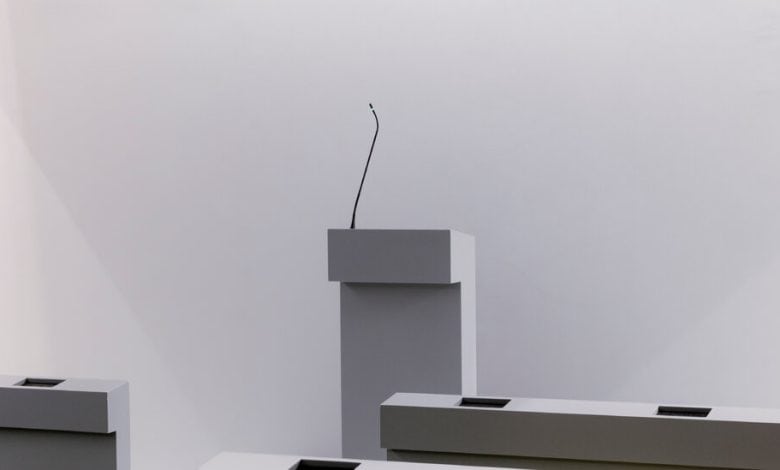My Country Shows What Europe Has Become

He could have been anywhere. Delivering a speech to a group of Belgian businessmen this year, Barack Obama warned about the dangers of artificial intelligence, climate change and geopolitical conflict. More local matters were close at hand: Belgium was entering an election year, and its capital, Brussels, home to some of Europe’s most hallowed institutions, had weathered a year of geopolitical shocks. Yet Mr. Obama wouldn’t be drawn into questions about national politics. A visit to the Magritte Museum and the king was the extent of his engagement.
The hesitancy is understandable. In what is billed as the largest election year in human history, with about half of the planet heading to polls, Belgium cuts a rather inconspicuous figure. The country’s politics are colorful and forbiddingly complex; outsiders are prone to be puzzled by a country with a population roughly equal to metropolitan Paris’s that has six governments across three regions and three languages. On June 9, Belgians go to the polls, including for a round of European Parliament voting. Anyone worried about the direction of the continent should pay attention.
For all its singularity, Belgium tells a quintessentially European story. Against a backdrop of ailing public services, precarious labor markets, waning traditional parties and intractable regional divisions, a far right is readying itself for power. In Brussels, the seat of the European Union, rising crime, pollution and decaying infrastructure symbolize a continent in decline. With unusual clarity, Belgium shows what Europe has become in the 21st century: a continent subject to history rather than driving it.
Set within the European panorama of decline, Belgian politics also exhibit some curious features: The work force unionization rate has remained steady at around 50 percent in the past 10 years, and Belgium has had an impressive record on inequality and wages. Yet this has hardly stopped the politics of resentment in the country, which is particularly potent in the Dutch-speaking northern region of Flanders.
The far-right party Vlaams Belang is set to triumph there, threatening to break through the cordon sanitaire that was cast around it decades ago. Under a slightly different name, the party was formed in response to the lackluster politics of regionalism in the 1970s, only to reboot itself as fiercely anti-immigrant in the 1980s. Engaging in patient social outreach and carefully tending to its grass-roots base, it has capitalized on the slow retreat of Belgium’s mass parties. It now expects to draw nearly one-third of the Flemish vote — a historically high tally that would establish it as a serious contender for government on the regional level.
In the French-speaking south, the political arithmetic is strikingly different. Geographically, Wallonia has long seemed the ideal breeding ground for right-wing populism. Deindustrialization and demographic decline have ailed the former manufacturing heartland since the 1970s. Yet no far-right contender has managed to step up, and the Walloon Socialist Party, one of the most deeply rooted in Europe, has kept its hand on power, through clientelism and deep pools of personnel. That grip on power is weakening, however: Its membership is aging, and there are plausible challengers both left and right.